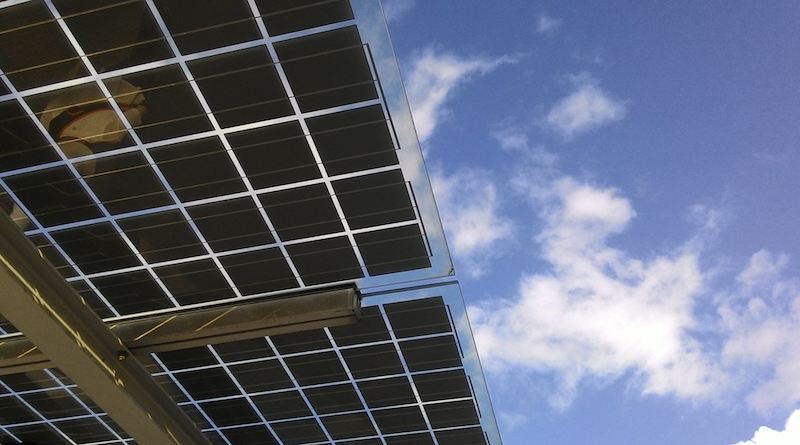As more renewable energy sources come online, installing smart electric panels in homes benefits both utility customers and utilities.
Smart panels are controlled via a smart phone app, providing homeowners with control over how electricity is used around the house. These devices allow for management of power flow in connected devices including solar panels, batteries, electric vehicle chargers, and power-consuming appliances within the home.
Vermont’s Green Mountain Power is spending $500,000 on a new pilot program to test the technology that it believes will help transform the grid. The utility has already installed thousands of Tesla Powerwall batteries in homes that are providing stored energy when demand peaks, saving Green Mountain $3 million in 2020.
Smart panels are expected to save even more by boosting the efficiency of electric distribution. With customers adopting more solar panels, electric vehicles, heat pumps, and battery storage, more efficient electricity distribution is a must for utilities.
Related Stories
| Nov 29, 2012
Government policies help accelerate adoption of green building
Green procurement policies or green building mandates can help accelerate the adoption of green building practices, according to research by Timothy Simcoe and Michael Toffel.
| Nov 26, 2012
Minnesota law to spur development, job creation produced few jobs
Legislation that allowed local governments to direct excess property tax dollars from tax-increment financing districts into other private developments was supposed to kick-start construction hiring in Minnesota.
| Nov 26, 2012
How to boost resilient systems that are sustainable
Cities of the future can be both more resilient and more sustainable by promoting strategies that include solar power and green roofs, programs that minimize demand for energy, rain gardens, and permeable pavement.
| Nov 26, 2012
Developer of nation’s first LEED platinum skyscraper focuses on carbon reduction
The Durst Organization, the developer of the first LEED platinum certified skyscraper in the country, says it will not seek LEED certification for its residential pyramid planned for New York’s West 57th Street.
| Nov 26, 2012
Questions linger over ability of Miami's newer high-rises to withstand hurricanes
Some towers in Miami, rebuilt after a hurricane in 2005, were allowed to be constructed under older building codes instead of newer ones created after Hurricane Wilma.
| Nov 26, 2012
Changes in development and building standards needed for health of Potomac River
The Potomac River’s health stands to suffer if the region does not change its development and building standards, according to the Potomac Conservancy.
| Nov 16, 2012
South Dakota prefers LEED over building code on state projects
“(LEED is) much better than a mandatory building code because you get a little wiggle room in these projects,” said Mike Mueller, a spokesman for the South Dakota Bureau of Administration.












